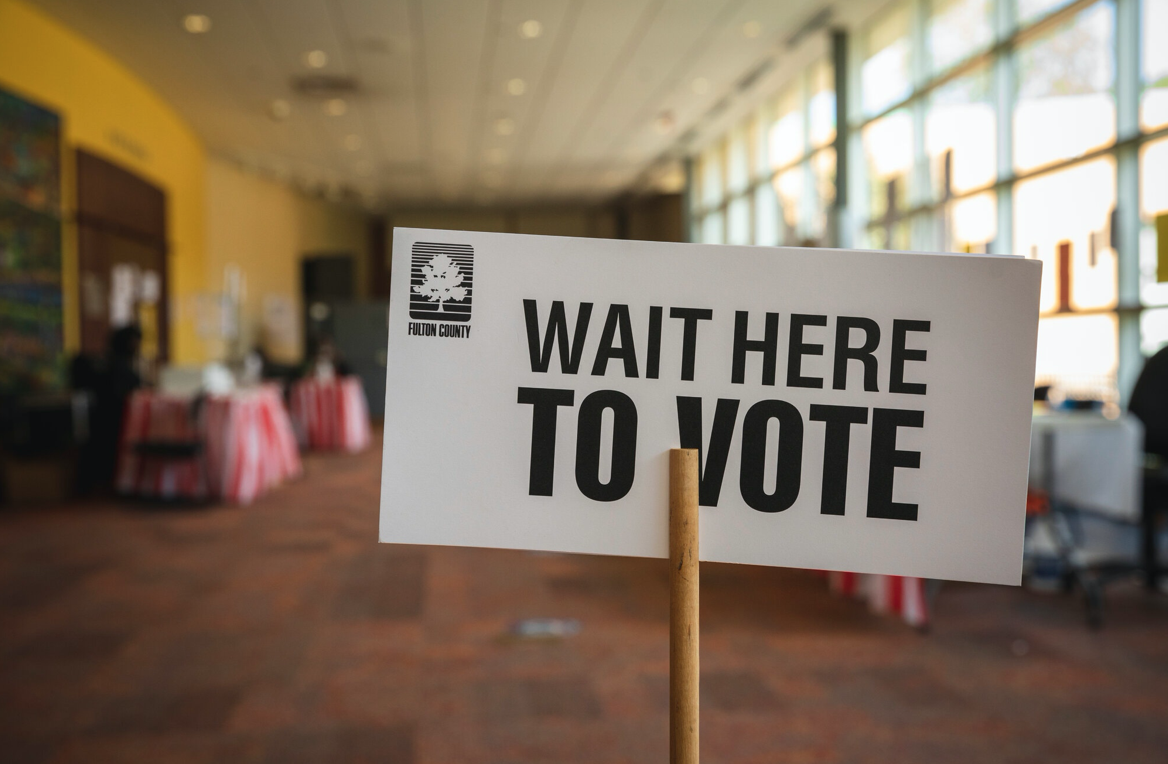 Exposure to stress is a risk factor for many health problems, such as cardiovascular issues, anxiety and depression, and chronic pain.
Exposure to stress is a risk factor for many health problems, such as cardiovascular issues, anxiety and depression, and chronic pain.
Recent research explains that even small stressors can harm our long-term health if we hold on to how they make us feel.
But there feels like a never-ending amount of stress and uncertainty in 2020. A lot of us are feeling the effects of the endless political news cycle and the stress it causes.
Uncertainty and stress really get to us. What causes stress and uncertainty is when things feel out of our control, when they seem like we don't know what's going to happen.
A good way to cope with all the unknowns is to start by managing our expectations. And then focus on the big picture. Here's how.
1. Prepare Mentally For Delayed Election Results
First of all, expect delays in election results. The reason that's important is mentally, if we're expecting a clear answer and we don't have it, that just extends the uncertainty for us.
It could be days or a couple of weeks before we have a clear answer.
Plan how you will spend the time waiting for results. If watching TV, scanning the news, stresses you out, don't do it. Instead, do something that brings you joy: for example, taking a physically distanced walk with a friend, going for a bike ride or reading a book.
Find things that tend to keep you less distressed and less overwhelmed, and make a plan to do those things.
Planning ahead reduces uncertainty, which in turn makes us calmer.
2. Increase Stress-Reducing Habits
There are also some simple, healthy habits that are known to buffer us against stress.
Eat healthy and get the right amount of sleep. We need to stay active. That can mean even just going for a walk. And we need to maintain those social connections.
Watch movies that make you feel good. Go to a bookstore, and find a new book to read. Go out to a cafe and have a socially distanced lunch; something that’s going to fill up your cup.
3. Replace Scrolling Through Social Media With Something Nourishing
It helps to unplug from news and devices every now and then. We need to know what's going on, but we don't need the late-breaking news every second of the day.
On Election Day especially, reconsider just how much you want to be glued to your device. Pick up a new book. Listen to more music and invest in personal relationships.
The same goes for your television. Keeping cable news on all day in the background, when there are no results to report, might just stress you out even more.
Talk to family, friends, give them calls, check-ins, etc.
What if your preferred candidate doesn’t win?
You’ve made it through most of the day and some returns have begun trickling in around 7 p.m. Eastern time, when some of the first polls close. Even then, your stress may not disappear. And remember, the results at the beginning and at the end of the night will be skewed in some places because of the order in which different types of votes are reported.
It’ll be a roller coaster of emotions. Uncertainty breeds anxiety. This will be a very anxious period of time and that level of anxiety is going to cause a great amount of stress.

